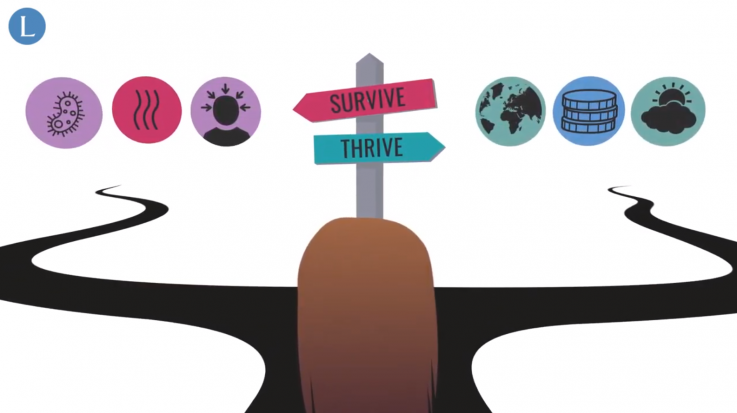
Climate change is already causing widespread harm to the health of all people living in the United States, with extreme heat making workers less productive and toxic air contributing to 64,000 deaths in a single year. In a new brief on climate change and health in the U.S. published Nov. 13, University of Washington and Harvard University researchers say it is still possible to prevent some health effects and mitigate others, and that aggressive action on climate is also action to protect health.
“Climate action is health protection,” said Jeremy Hess, associate professor of emergency medicine, environmental and occupational health sciences and global health at the UW Schools of Medicine and Public Health, a lead author on the U.S. Brief. It is part of a larger global report on health and climate change, published in The Lancet and authored by a global research collaboration of 35 institutions called the Lancet Countdown. Research partners include the World Health Organization, World Bank, University College London and Tsinghua University.
Both the Lancet Countdown on Health and Climate Change and the accompanying U.S. Brief take a life cycle approach to climate impacts. While no one is immune from the threat climate change poses, people of color, the poor and older adults bear a disproportionate burden, according to the brief. What’s more, children born today will face far greater health impacts from climate change than previous generations.
“We know that air pollution from fossil fuels has already damaged the health of generations of Americans,” Hess said. “It’s unnecessary and unacceptable, and we can do better. This report shows how polluting as usual harms our kids and spreads these harms on a global scale.”
Read the entire report at Lancet, as well as related articles at UW School of Public Health and WWNO. Jeremy Hess, Associate Professor of Global Health, and Kristie Ebi, Professor of Global Health, are included.